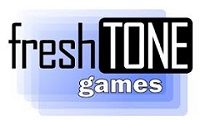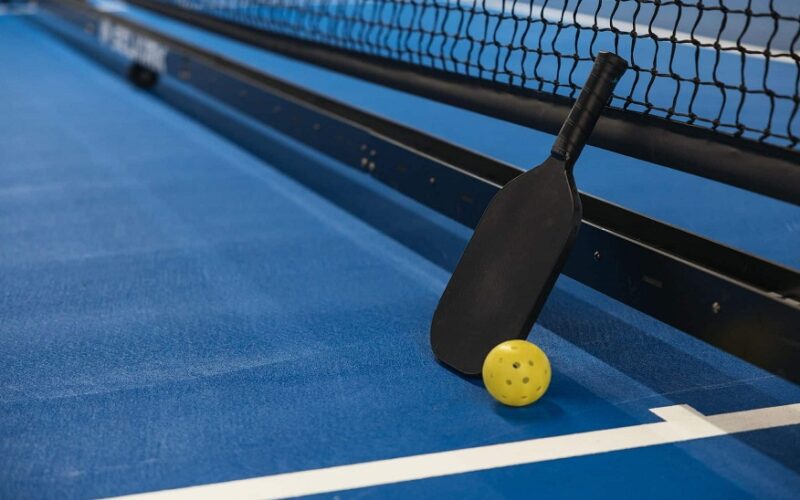Introduction to Pickleball Skill Assessments
Pickleball, a dynamic and fast-paced sport, requires a combination of physical prowess, technical finesse, and strategic acumen. Skill assessments serve as invaluable tools for players looking to evaluate their performance, identify areas of strength, and pinpoint opportunities for growth.
The Importance of Assessing Pickleball Skills
Assessing Pickleball skills is crucial for players of all levels, from beginners seeking to establish a strong foundation to advanced players aiming to refine their game. By conducting regular skill assessments, players gain insights into their strengths and weaknesses, enabling them to tailor their training and development efforts accordingly.
Understanding Different Aspects of Pickleball Skill Assessment
Grip and Technique
Proper grip and technique lay the groundwork for effective shot execution and consistency on the court. Assessing grip stability, paddle angle, and stroke mechanics helps players refine their technique and optimize their performance.
Footwork and Movement
Dynamic footwork and efficient movement are essential for maintaining balance, agility, and court coverage during gameplay. Evaluating footwork patterns, anticipation skills, and court positioning enables players to enhance their mobility and responsiveness on the court.
Shot Selection and Placement
Strategic shot selection and precise placement are key components of successful Pickleball strategy. Assessing shot variety, decision-making under pressure, and shot accuracy empowers players to make informed choices and execute shots with precision and purpose.
Conducting a Pickleball Skill Assessment
Conducting a Pickleball skill assessment can take various forms, ranging from self-evaluation exercises to professional coaching sessions.
Self-Assessment vs. Professional Evaluation
Self-assessment involves reflecting on one’s performance, identifying areas of improvement, and setting personal goals for development. Professional evaluation, on the other hand, may involve working with a coach or instructor who can provide objective feedback and tailored guidance.
Utilizing Video Analysis
Video analysis allows players to review their gameplay footage, identify patterns, and analyze technical aspects of their performance. By studying video recordings, players can gain valuable insights into their playing style and identify areas for refinement.
Seeking Feedback from Peers and Coaches
Peer feedback and coaching input provide additional perspectives and insights into one’s performance. Collaborating with peers in practice sessions and seeking guidance from experienced coaches can offer valuable feedback and support in skill development.
Identifying Strengths and Weaknesses
Recognizing both strengths and weaknesses is essential for holistic skill development in Pickleball.
Recognizing Proficient Areas
Acknowledging areas where one excels fosters confidence and reinforces positive aspects of one’s game.
Pinpointing Areas for Improvement
Identifying areas that require improvement allows players to focus their attention and energy on targeted skill development efforts.
Developing a Personalized Improvement Plan
Constructing a personalized improvement plan is essential for translating assessment findings into actionable goals and strategies.
Read More: Choosing the Best Color for Pickleball Lines on a Tennis Court
Setting SMART Goals
Setting Specific, Measurable, Achievable, Relevant, and Time-bound (SMART) goals provides a clear roadmap for progress and accountability.
Implementing Targeted Practice Sessions
Structured practice sessions that focus on specific skill areas enable players to address weaknesses and build upon strengths effectively.
Tracking Progress over Time
Regularly monitoring progress and reassessing skills allows players to track their development and make necessary adjustments to their training regimen.
Overcoming Challenges in Skill Development
Navigating challenges and setbacks is an inherent part of skill development in Pickleball.
Dealing with Frustration and Plateaus
Maintaining resilience and perseverance in the face of challenges is essential for long-term growth and improvement.
Embracing a Growth Mindset
Embracing a growth mindset, characterized by a belief in the capacity for learning and development, enables players to approach skill development with optimism and determination.
Conclusion: Empowering Your Pickleball Journey through Skill Assessment
Pickleball skill assessments offer a valuable framework for self-discovery, improvement, and growth on the court. By embracing the process of assessment and leveraging insights gained, players can empower themselves to reach new levels of proficiency and enjoyment in the sport.

